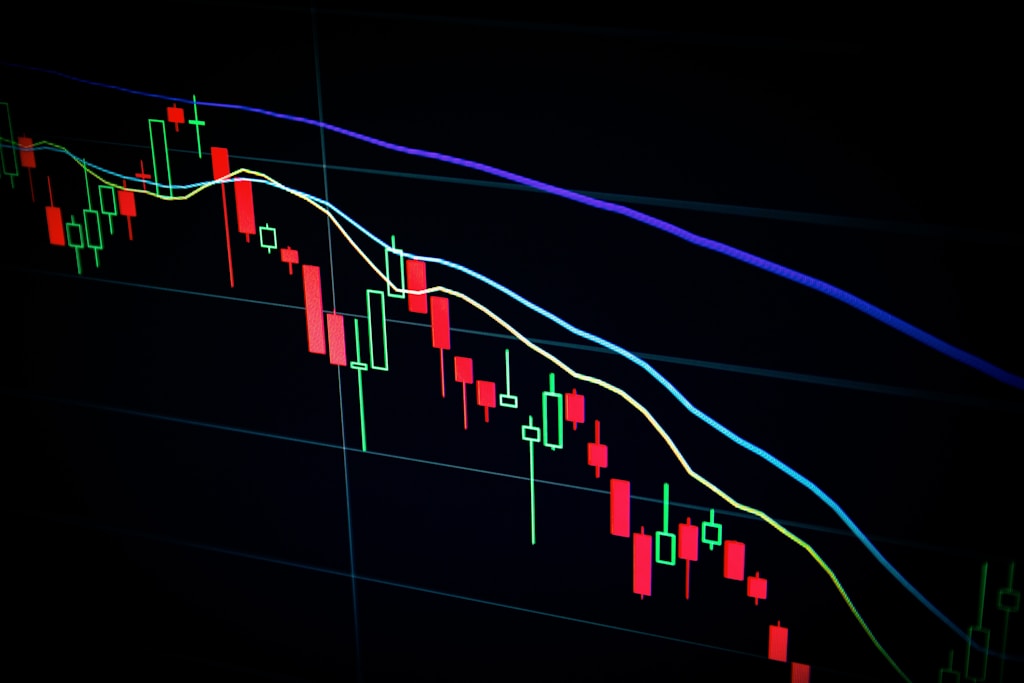In a groundbreaking development for cryptocurrency adoption, two Swedish lawmakers are spearheading an initiative to add Bitcoin to the nation’s national reserves, marking a significant shift in traditional reserve asset management among European nations.
This progressive move aligns with recent global trends, particularly as Bitcoin shows increasing maturity as a macro asset in the current financial landscape.
Key Developments in Sweden’s Bitcoin Initiative
- Two Members of Parliament advocating for Bitcoin integration
- Proposal mirrors U.S. approach to managing seized digital assets
- Potential framework for European nation-state Bitcoin adoption
Strategic Implications for National Reserves
The Swedish initiative represents a significant evolution in how traditional financial institutions view cryptocurrency assets. This development comes at a crucial time when Bitcoin holders maintain strong profitability despite market fluctuations.
FAQ Section
What would this mean for Sweden’s economy?
The integration of Bitcoin into national reserves could diversify Sweden’s asset portfolio and potentially hedge against inflation and currency devaluation.
How does this compare to other countries’ approaches?
Sweden’s approach mirrors developing trends in the U.S., where authorities are working to establish frameworks for managing seized digital assets as national reserves.
What are the potential risks and benefits?
While volatility remains a concern, the potential benefits include enhanced portfolio diversification, technological innovation leadership, and positioning in the emerging digital economy.
Looking Ahead: Implementation Challenges and Opportunities
The success of this initiative could set a precedent for other European nations considering similar moves, potentially reshaping the landscape of national reserve management in the digital age.








